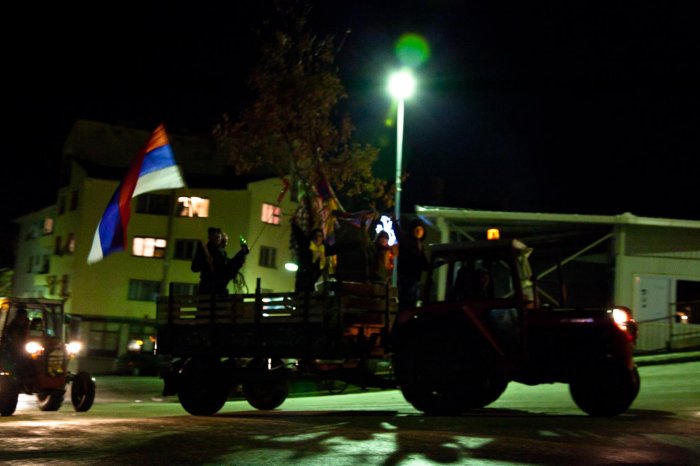
“great man, we Badagas are always running after the money”, he said Regarding the latter I remember the brief conversation I had with a young, well-educated Badaga, at quite an early stage of my research on the edges of a wedding: However, reframing the issue as the “tradition of accepting change” not only helps to avoid the rhetoric of projected collapse but sheds light on the active task of participation, conservation and development – a task which seems ‘inclusive of’ rather than ‘triggered by’ monetization. market-integration, monetization and collapse. Indigenous (or tribal) communities and their inevitable transformations are often represented in terms of a timeless tradition vs.


However, vigil is required to prevent the youth from losing their anchor to their culture and embracing alien ways of life that are detrimental to their spiritual and physical wellbeing in the guise of being ‘progressive’(Balasubramaniam 2009: 109). This tradition of accepting change has made the present generation of Badaga youth more conscious of the need to usher reforms. Badaga traditions have always accepted changes that have been beneficial to the community. While fitting into the complex matrix of a shrinking global society, adaptability has become a necessity and cannot be avoided. It is the educated young diaspora scattered round the globe that have the bounden duty to sustain their rich inherited traditions and culture. To the elderly persons of the community, the changes that have unfolded in their lifetime have made many sceptical towards the future. In the span of 700 years, the Badagas have transcended from a totally agrarian community to a hybrid community of educated professionals and progressive farmers.

Balasubramaniam who is one among several indigenous authors and historians: Therefore I like the following remarks penned by B. Yet we are certainly not talking of a society that could be understood as static, uncommunicative or non-progressive at any point of history. Social and economic change is omnipresent these days.


 0 kommentar(er)
0 kommentar(er)
